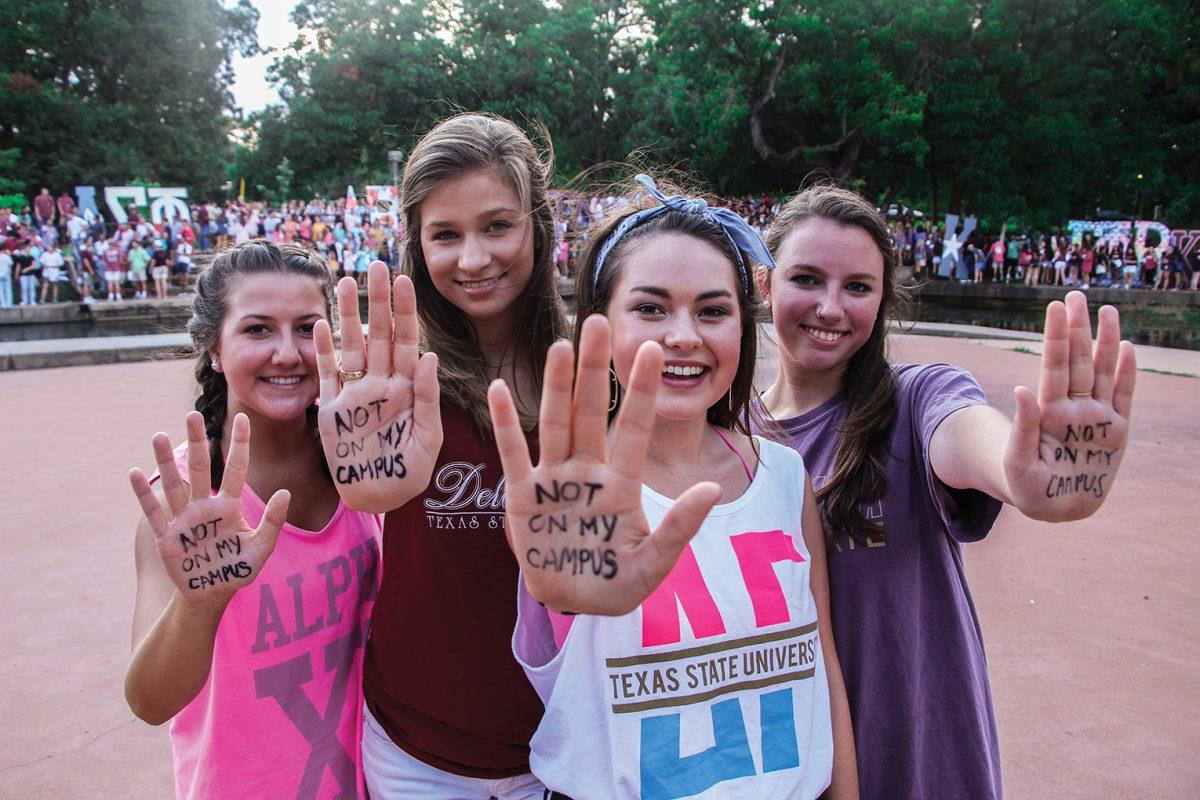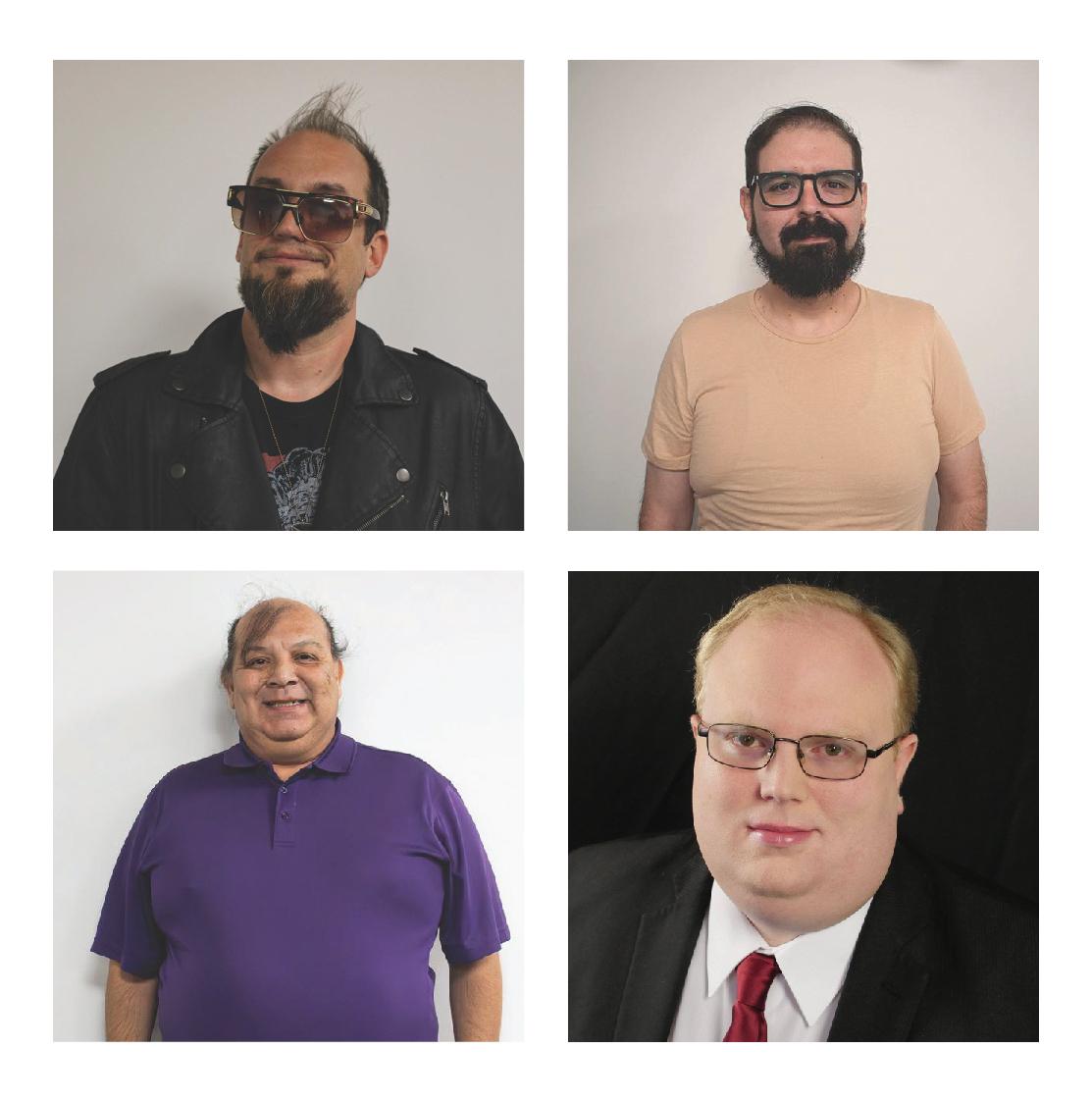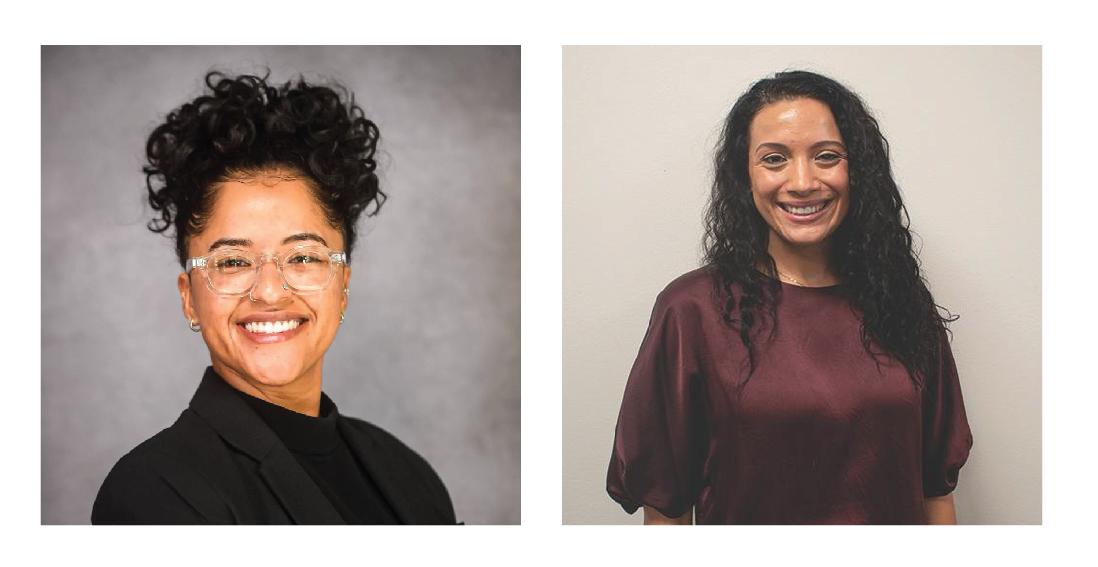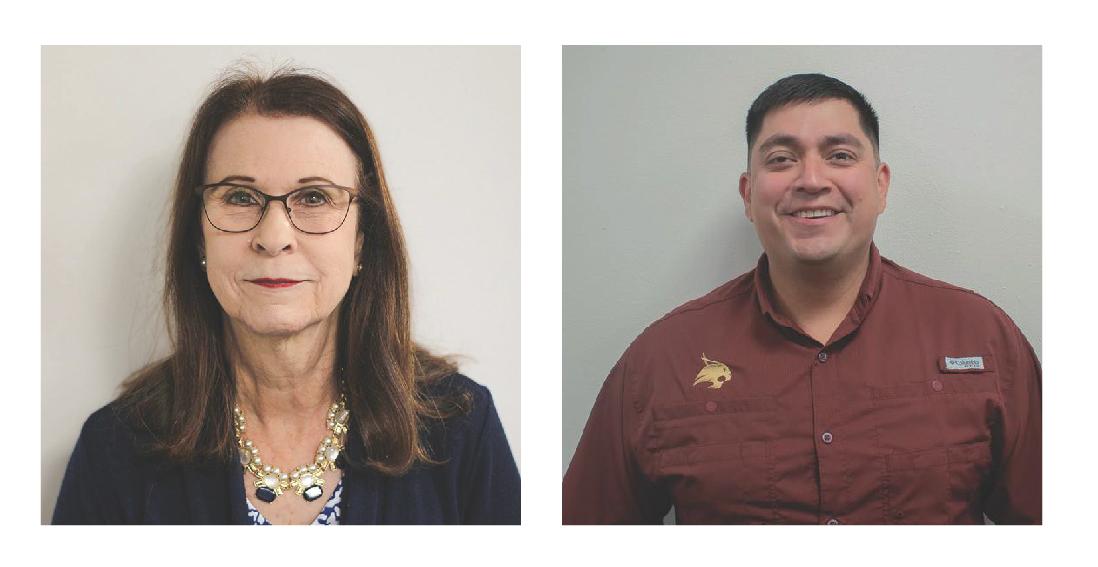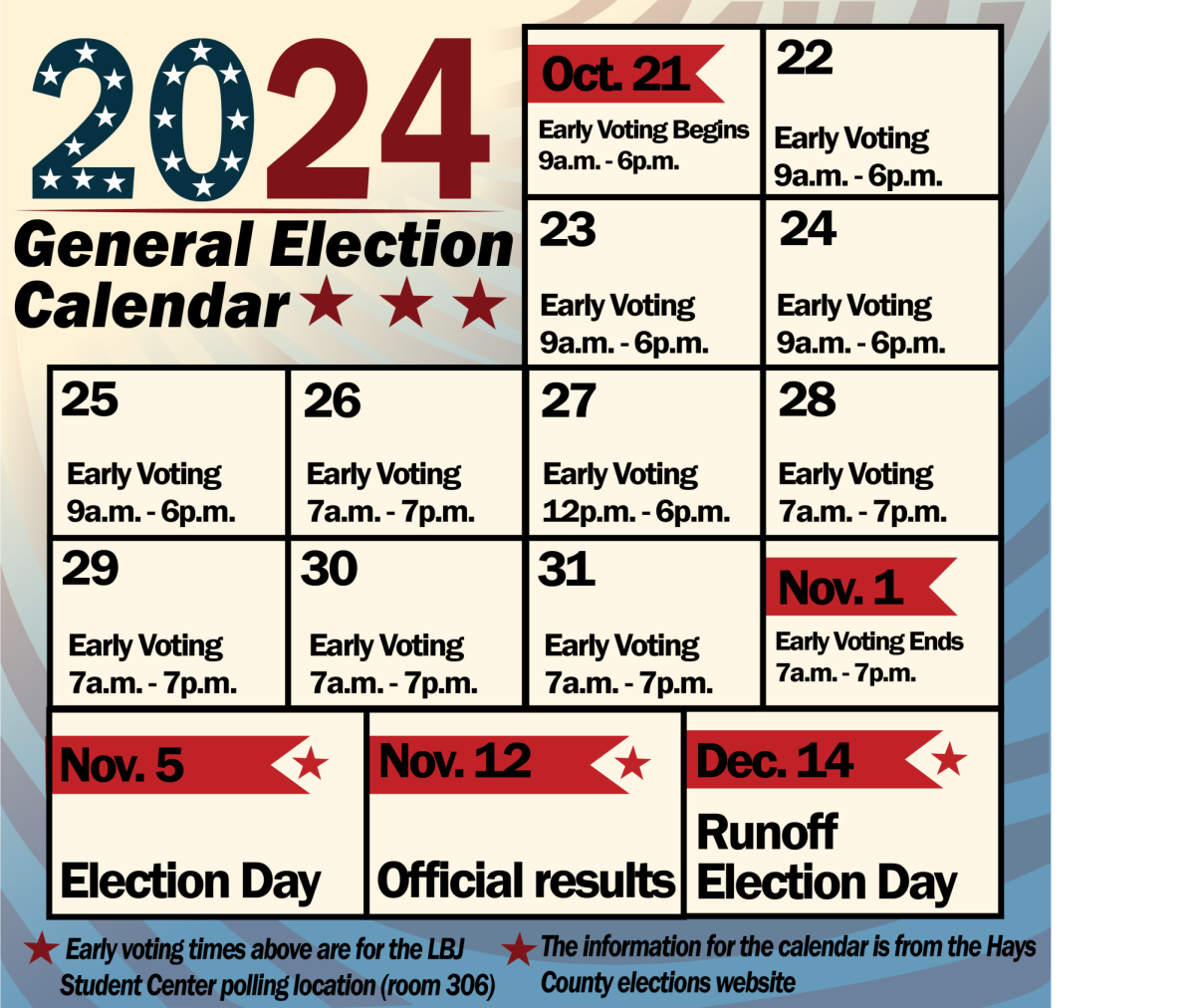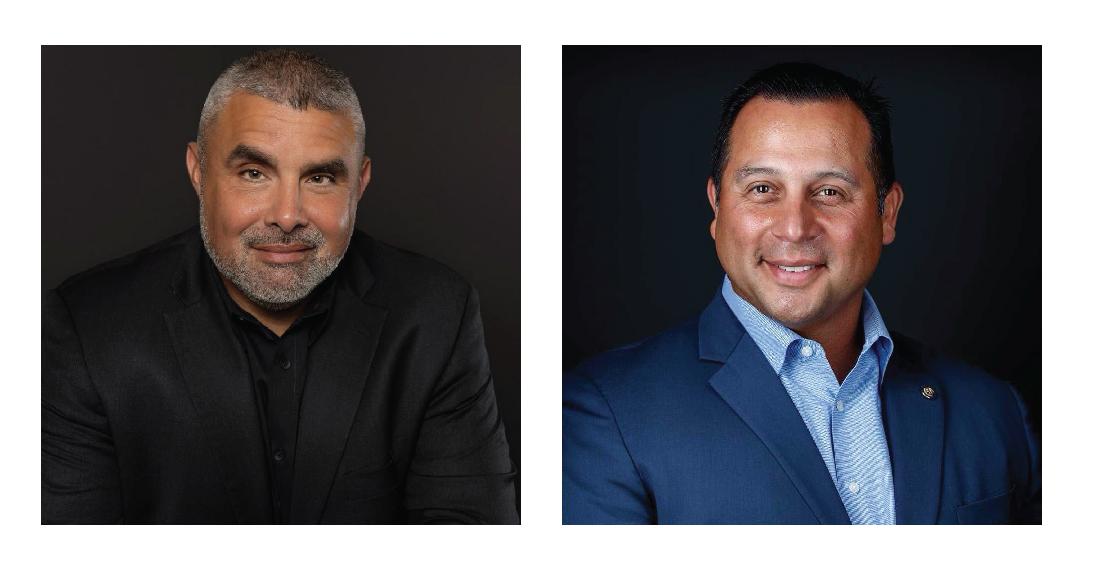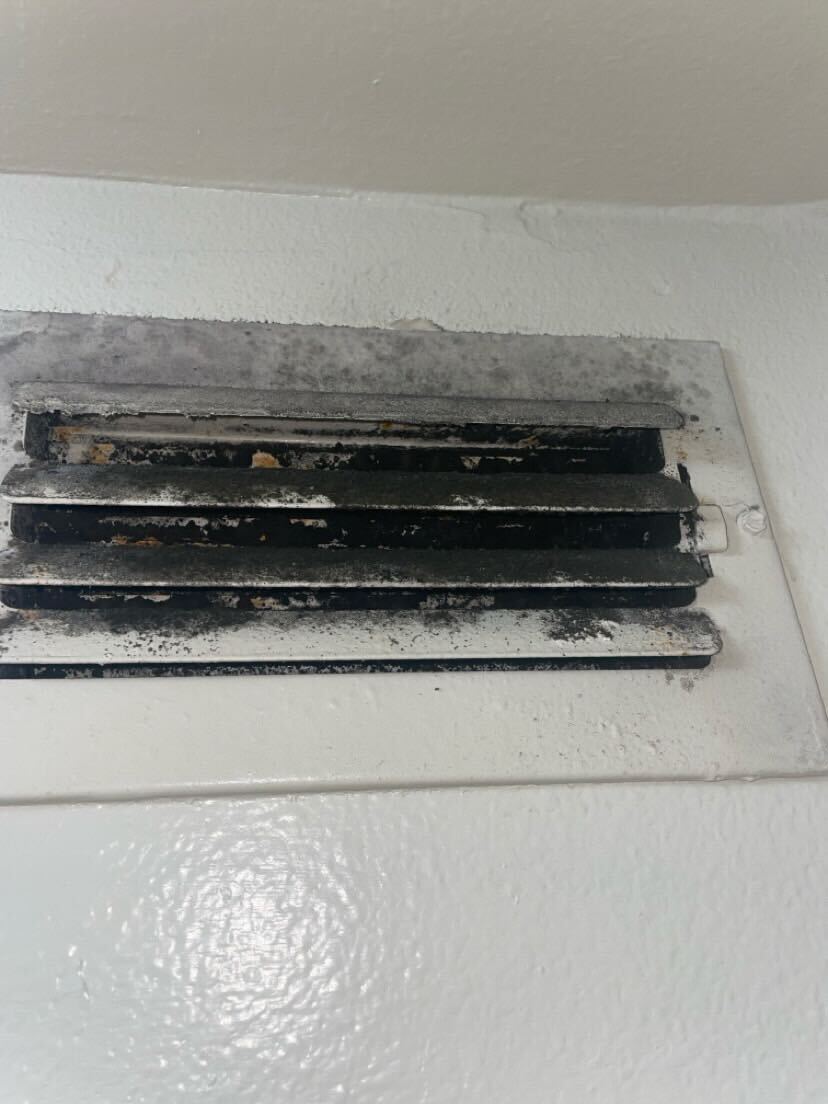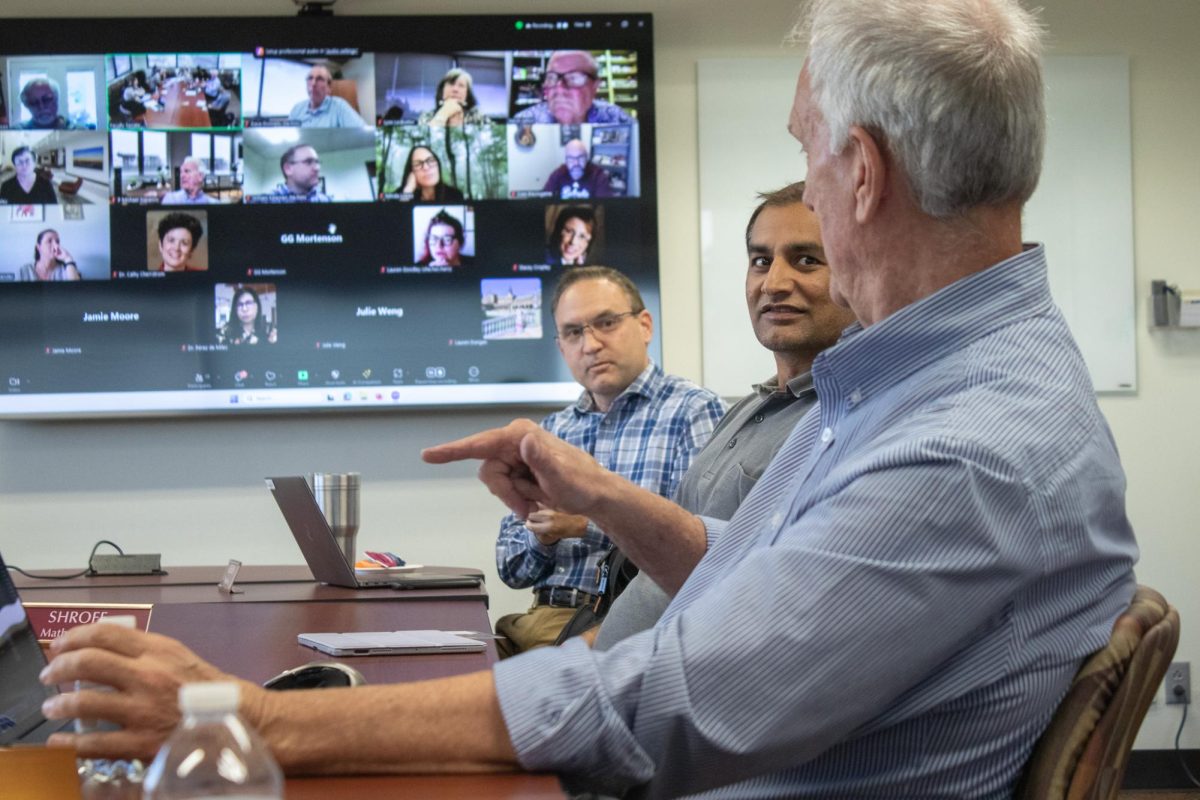Not On My Campus debuted its first episode of ‘Survivor Series,’ Jan. 31 but struggles to find male volunteers to speak on sexual assault experiences.
The student-led organization and social media campaign raises awareness of the prevalence of sexual assault on college campuses while spearheading events, fundraisers and projects promoting the openness and support of victims of sexual violence.
The Survivor Series offers the opportunity for sexual assault survivors or advocates against sexual abuse to share their stories through a collection of filmed interviews. The series, inspired by a similar project launched by the NOMC chapter at the University of Alabama in 2015, was introduced to Texas State by Brooklyn Boreing, public relations junior and president of NOMC.
Of the organization’s 11 board members, one is male. According to Boreing, this ratio represents the organization as a whole. So far, the series only received female volunteers despite the option to remain anonymous.
When asked about the low number of male members and lack of male perspective for the series, Boreing said the cultural stigma surrounding male survivors prevents NOMC from expanding its series.
“When people talk about sexual assault with me they always use the word women,” Boreing said. “They don’t say men and women or individuals. They just view it as a woman’s issue, and it’s not.”
“People don’t see that because there are all of these masculinity preconceptions that people have a hard time getting past,” Boreing said.
As the only male member of the NOMC board of directors, Vincente Villarreal, English and political science junior and co-director of Greek affairs for NOMC, recognized the same issues.
“Often times people will view rape and sexual assault as a predominately female issue, and while statistically, they do make up a majority of the victims, men are still a big part of that overall number,” Villarreal said. “A lot of times you’ll see under-reporting with men because of societal norms and stereotypes.”
Society is more comfortable with the idea of a woman sharing her story than a man, according to Boreing.
“Men are expected to not be emotional, and women are expected to be overly emotional, so when it comes to sharing your story it makes sense… to society for a woman to share (her story) more than a man,” Boreing said.
Sophia Taylor-Burton, public relations junior and the organization’s vice president of outreach, leads the project. Taylor-Burton spoke similarly on this dynamic and identified one of many steps necessary to take to improve the inclusivity of the conversation of sexual assault.
“I know for me, personally, seeing women acknowledge their sexual assaults and things that have happened to them allowed me to acknowledge things that have happened to me that I just thought didn’t happen to other people,” Taylor-Burton said. “So, giving the same chance to men is a really important first step.”
To help with the inclusion of the male perspective on the issue, NOMC plans to reach out to men on campus by promoting the series to fraternities and other student-led organizations dedicated to improving social issues.
According to Boreing, the project has no definite end, and NOMC hopes that as the series grows, more people will step forward to offer their stories, anonymous or not. The members hope to proportionately represent the voices of both female and male survivors.
Taylor-Burton acknowledged the difficulties survivors face in sharing their stories, but believes those stories must be told in order to further the conversation of consent, sexual assault and the current stigmas entangled in that conversation.
“It’s always going to be hard,” Taylor-Burton said. “There are always going to be people who don’t understand and who dismiss survivor stories, male or female. There are always going to be people who aren’t going to want to hear it. But, it’s a story that needs to be shared.”
Categories:
Video series of sexual assault survivor stories receives no male volunteers
February 13, 2018
0
Donate to The University Star
Your donation will support the student journalists of Texas State University. Your contribution will allow us to purchase equipment and cover our annual website hosting costs.
More to Discover


